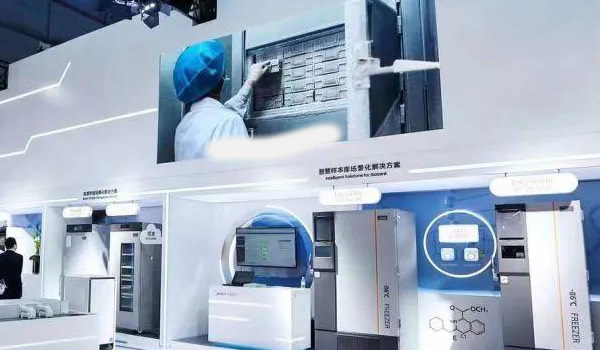India is expanding its national telemedicine network to provide universal access to healthcare in rural regions, bridging the urban-rural medical gap.

NEW DELHI – August 8, 2025 – India’s Ministry of Health and Family Welfare has announced a major expansion of the National Telemedicine Service, aiming to provide 24/7 virtual healthcare access to all rural districts by 2027. The initiative will leverage satellite connectivity, mobile health units, and regional telehealth centers to reach communities lacking specialist care.
Under the expansion, more than 50,000 rural clinics will be equipped with telemedicine kiosks, staffed by trained nurses and connected to certified physicians via secure video links. Services will include general consultations, chronic disease management, mental health support, and maternal care.
Healthcare Impact
Government officials expect the program to reduce travel times for patients, cut unnecessary hospital visits, and improve early detection rates for chronic illnesses. “For millions of rural residents, this could be their first consistent access to qualified medical professionals,” said Dr. Meera Sharma, a public health expert at the All India Institute of Medical Sciences.
Private Sector Involvement
The program is being implemented through public-private partnerships, with telecom providers, medical equipment manufacturers, and health-tech startups supplying infrastructure and software. This collaboration is intended to accelerate deployment while keeping operational costs sustainable.
Editor’s Analysis
India’s telemedicine expansion is one of the most ambitious in the world. For health-tech investors, it creates opportunities in remote diagnostics, medical device integration, and multilingual AI-powered triage systems.
However, consistent quality of care will depend on stable internet connectivity, standardized training, and patient education in digital health literacy. The scale of this project, if managed well, could redefine healthcare access for over 600 million people.